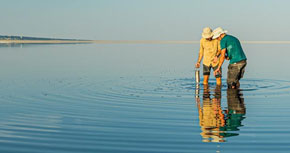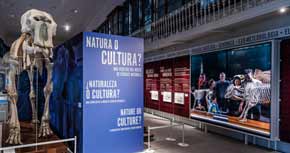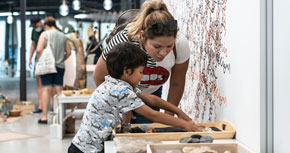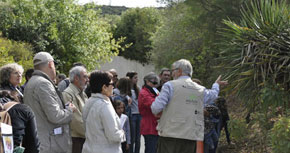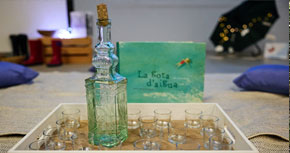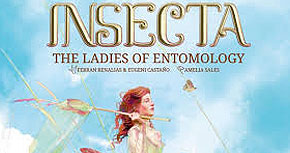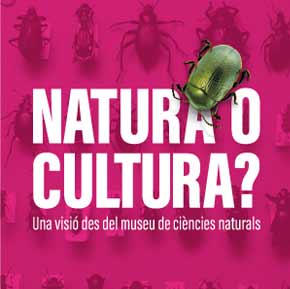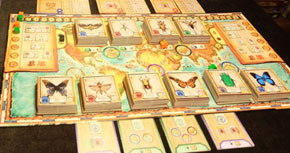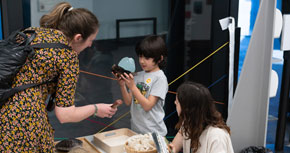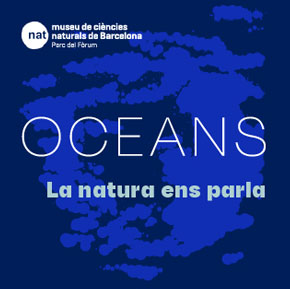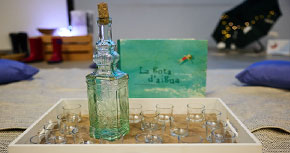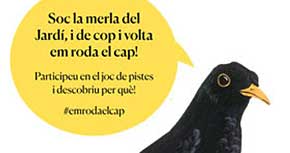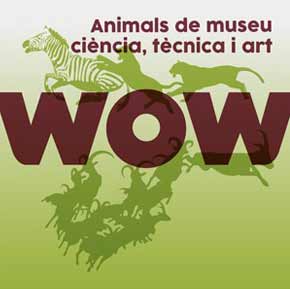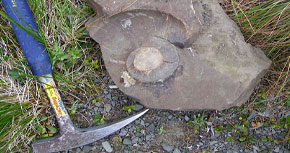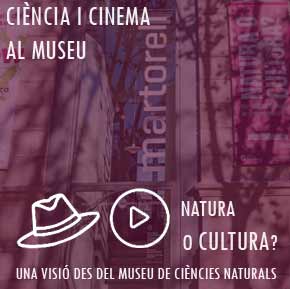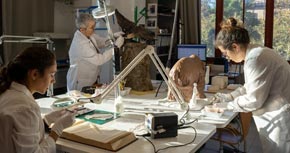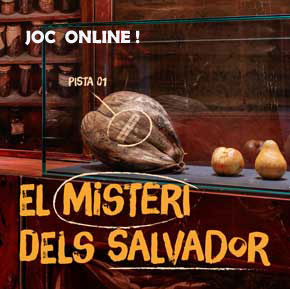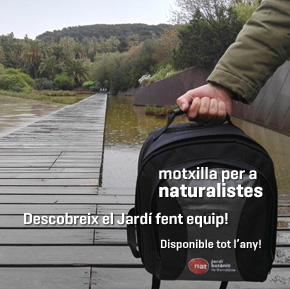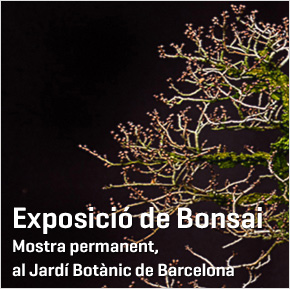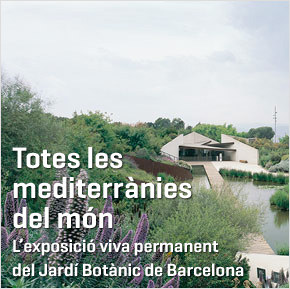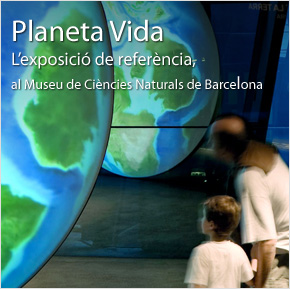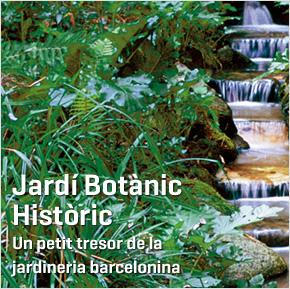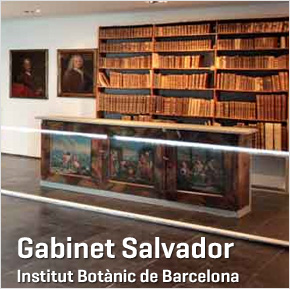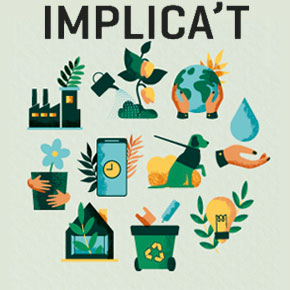- Lloc
- Laboratori de Natura
- Dates
- Dimecres 24 d'abril de 2019
- Horari
- De 18 a 19 h
- Durada
- 1 hora
- Adreçat a
- Membres del Grup SEMBIOS, però també, a qualsevol persona interessada
- Tipus
- Seminari
- Preu
- Activitat gratuïta
Anàlisi de metabarcodificació d’artròpodes
Estudi de la biodiversitat a través de la metabarcodificació d’una comunitat d’artròpodes de l’arxipèlag hawaià. Idioma vehicular: anglès.
Laboratori de Natura Activitats Anàlisi de metabarcodificació d’artròpodes
Títol: How Communities Evolve: A high throughout metabarcoding analysis to infer biodiversity dynamics of arthropods across the Hawaiian Island chronosequence
Biodiversity is shaped by interactions between members of a community that change over space and time.
While models have been developed to infer the dynamic processes shaping the evolution of these communities, empirical data are almost entirely lacking. We have developed an approach to understand how entire communities change over extended evolutionary time using next generation sequencing based metabarcoding. Metabarcoding enables the study of biological communities at unprecedented taxonomic breadth and resolution.
We present a metabarcoding analysis of arthropod community assembly in native rainforest ecosystems of the Hawaiian Archipelago ranging in age from 40 to 6*106 years of age. We measured total abundance and diversity of all arthropods across the different snapshots in time, controlling for elevation, precipitation, and type of rainforest (all dominated by Metrosideros polymorpha trees). This sampling effort led to a collection of > 106 arthropod specimens. We developed a semi-automatized multilocus metabarcoding protocol to process such large community samples. Size sorting prior to sequencing allowed us to perform abundance-informed analyses of biodiversity. Using the resulting dataset, we show some emerging patterns of community evolution across the island chronosequence, including changes in diversity, specialization, and resilience to biological invasion. Using several abundant, invasive groups of Collembola as a model, we find a strong association of island age and invasion success, with islands of intermediate age being particularly resilient against invasion.
Given the current massive impacts affecting biodiversity in the world today, developing metrics of change in biological communities has never been more important.
Ponent: Henrik Krehenwinkel, investigador de la Universitat de Trier (Alemanya)..
Idioma vehicular: anglès.
Lloc: sala d’actes del Castell dels Tres Dragons (Laboratori de Natura, pg. Picasso, s/n)
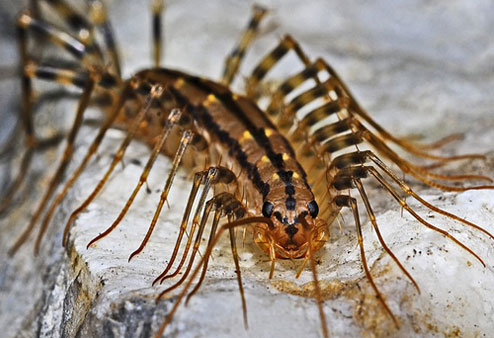
Dins el programa de Seminaris de Biodiversitat, SEMBIO. Debat i intercanvi d’experiències essencialment sobre sistemàtica, zoologia, evolució animal i filogènia molecular. Aquestes xerrades estan organitzades pel Grup de Recerca Consolidat ZooSysEvo format per científics de la Facultat de Biologia (UB) i del Museu de Ciències Naturals de Barcelona. L’objectiu és difondre els continguts de la recerca d’investigadors del grup o d’algun investigador convidat.
Altres activitats
- Des de 11-12-2024
- Fins a 11-12-2024

